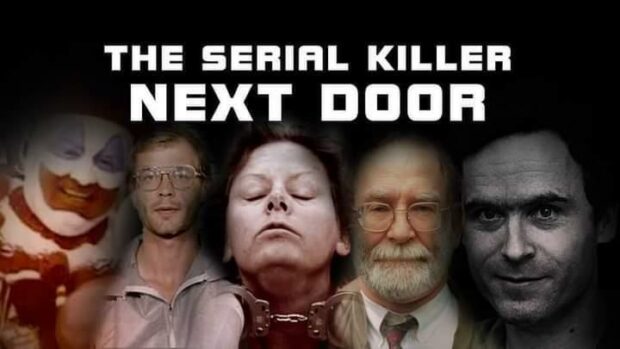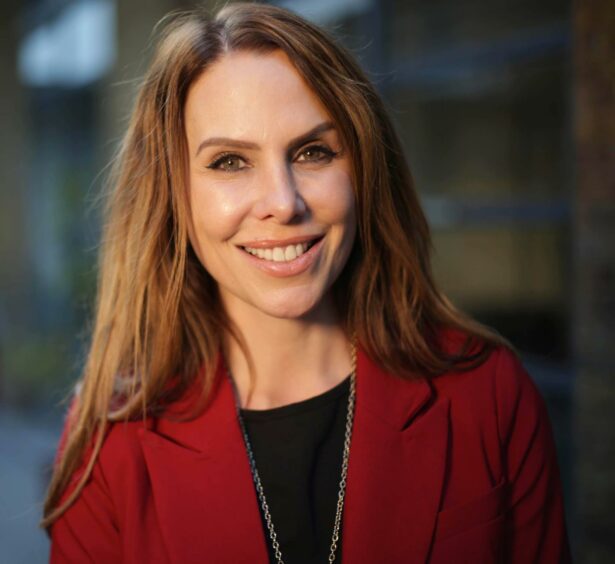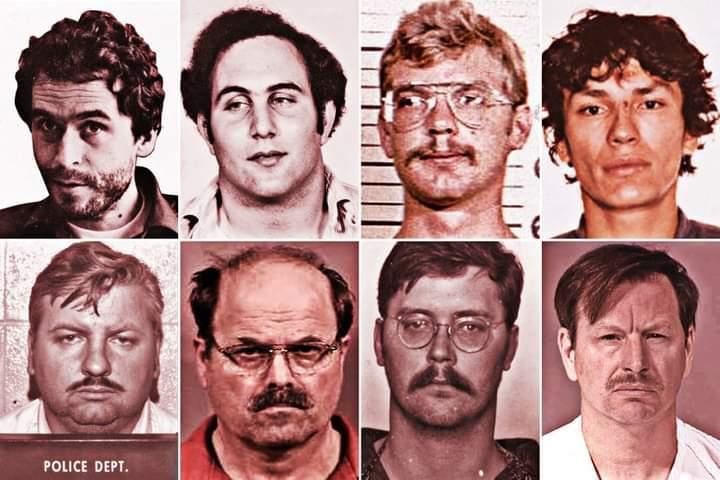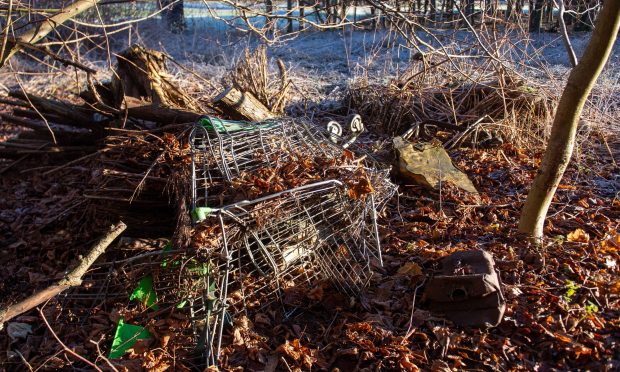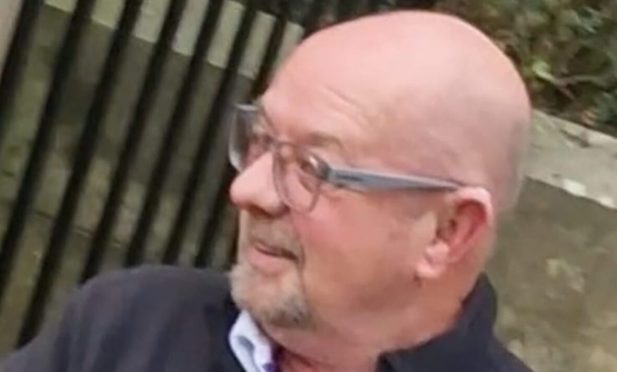Would you be able to tell if your next door neighbour was a serial killer?
That’s what a new show, The Serial Killer Next Door, coming to Dundee on October 7, sets to find out.
Psychological therapist Emma Kenny will take true crime fans on a journey at the Dalhousie Theatre, exploring the common factors that make up a serial killer.
Emma said: “We don’t really have a system in the UK for profiling – there is obviously the FBI profiling system.
“Using that, I will look at if it is possible to spot if you are living next door to a serial killer, what the telling signs would be.
“I look at organised and disorganised offenders, and then kind of go through genetics.
“There’s a lot of gallows humour because it’s important that when people are sat there for a few hours that it’s not really traumatising.”
Are there active serial killers in the UK?
Emma will explore how people like Ted Bundy, Dennis Rader and Ed Kemper became the famous killers they are known as today.
While Scottish criminologist Professor David Wilson believes there are probably around two active serial killers in the UK at any one time, Emma thinks that developing countries suffer the problems on a much larger scale.
“Serial killers are still there,” she explained. “But in places like America and the UK they get caught more.
“While it’s true that most serial killers are male, the myth that they are mostly in the States isn’t.
“If you think about Thailand and the Philippines and places where sex trafficking is very high, there are serial killers and no one really knows about it.
“When you’re vulnerable and in a vulnerable position, it gives predators a much easier access.”
She added: “If I wanted to be a serial killer, I wouldn’t do it in the UK or America.
“I’d go to the Philippines and I’d get away with it for much longer.
“The consequences are that that gives people a rich picking territory.
“Because these organised killers are more intelligent than the average person – Ted Bundy had 136 IQ, Ed Kemper 142 IQ – they’re individuals with major higher IQ when you think about the average IQ being 100.
“So they’re not stupid. The type of people who do these things know how to get the best out of their interests.”
Why do we love true crime?
Emma, who worked trying to rehabilitate young offenders for over a decade, found that her audience is largely made up of women, but didn’t find it surprising.
“It used to be a massive split – it’s getting more even now – but we’re talking 70% were women who were true crime fans,” she said.
“People who love true crime tend to have higher empathy levels,” Emma added.
“People who are empathetic and compassionate have this kind of real – not voyeurism – but this real connection with wanting to understand what it is that makes another human being do something that to them is just beyond reprehensible.
“It’s almost like trying to understand the road map of possible people that they’ll never be able to relate to because they are humans with empathy and compassion.
“It’s not because people have this dark interest and it’s certainly not demonstrated in the research, which shows that people who love true crime are more empathetic and compassionate than the general population.”
Who are the most interesting serial killers?
Emma said that she had some empathy for some of the killers themselves.
“I would have like to have sat down with Aileen Wuornos because I feel sorry for her,” she said.
“And then I suppose Ed Kemper, because there’s this part of you where you’re like he seems like quite a nice chap.
“He’s so bright – I think he’d respond very well to flattery and he wants to talk.”
She continued: “I’d like to also sit down and talk to – and she’s someone that I don’t like at all, I don’t have any kind of empathy for her – is Joanna Dennehy.
“She’s recognised as the most dangerous serial killer in our prison. And they had to move Rose West because she was going to kill her, because Rose kills women and children and therefore she deserves to get killed.
“And I have no doubt that Joanna would have. But she just shows like literally the highest level of superiority and arrogance and I’m interested in females like that because they’re really rare.”
If you’d like to learn how to spot a serial killer, you can get tickets for Emma’s Dundee show on October 7 here.
